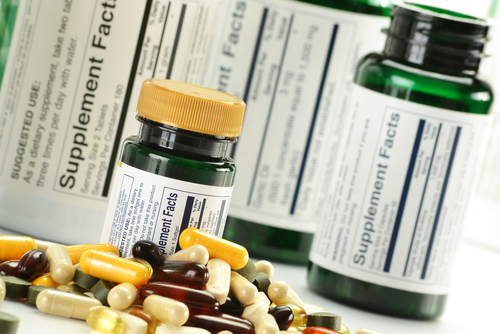The Food and Drug Administration (FDA) recently approved a supplemental New Drug Application (sNDA) for Pentasa (melamine), updating the therapy’s path of administration. Now, the Pentasa capsules can be opened and the contents can be sprinkled onto yogurt or applesauce. Pentasa is a salicylate appropriated to induce both the remission and the treatment of individuals suffering with mild to moderate active ulcerative colitis.
Ulcerative colitis is a type of inflammatory bowel disease (IBD) that results in colon inflammation. Symptoms include severe diarrhea mixed with blood. Ulcerative colitis and Crohn’s disease (IBD) are sometimes confused with irritable bowel syndrome (IBS), however, they are quite different, with IBD requiring serious interventions.
Mesalamine is also known as mesalazine or 5-aminosalicylic acid (5-ASA) and it acts as an anti-inflammatory drug. Since it is a bowel-specific aminosalicylate drug, its mechanism of action consists of locally acting in the gut. The precise mechanism of action remains unclear but it seems to be topical instead of systemic. In addition, since it derives from the salicylic acid, researchers also think that Mesalamine acts as an antioxidant that catches free radicals [toxic metabolic products].
According to recent studies, the mucosal production of arachidonic acid metabolites through the cyclooxygenase pathways, through the lipoxygenase pathways and hydroxyeicosatetraenoic acids as well, seems to be increased in individuals suffering with chronic inflammatory bowel disease and it is quite probable that mesalamine decreases inflammation through blocking cyclooxygenase and by ceasing the prostaglandin production in the colon.
Pentasa can be prescribed as 250mg controlled-release capsules in 240-count bottles, and as 500mg controlled-release capsules in 120-count bottles.
Read Other Related News

